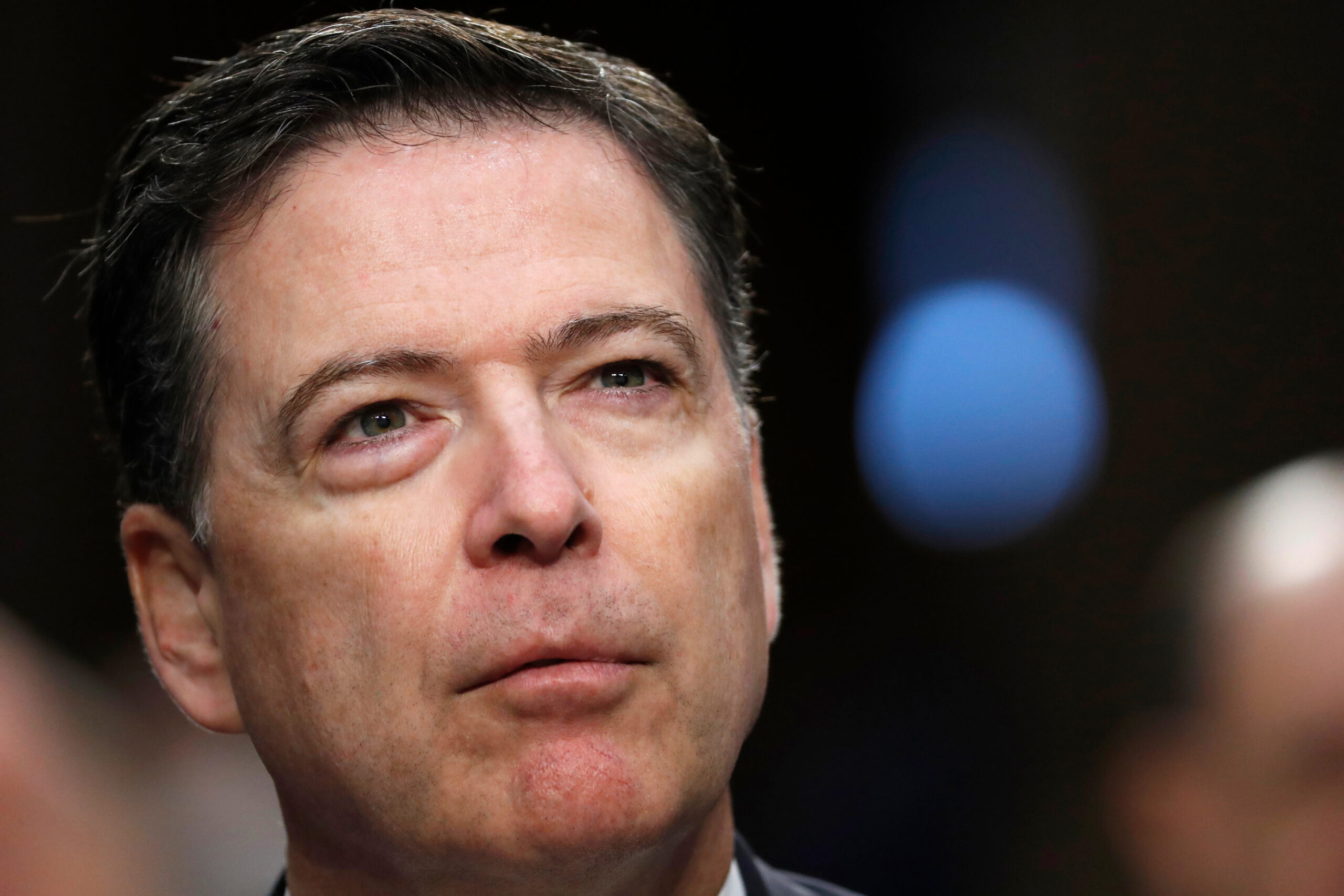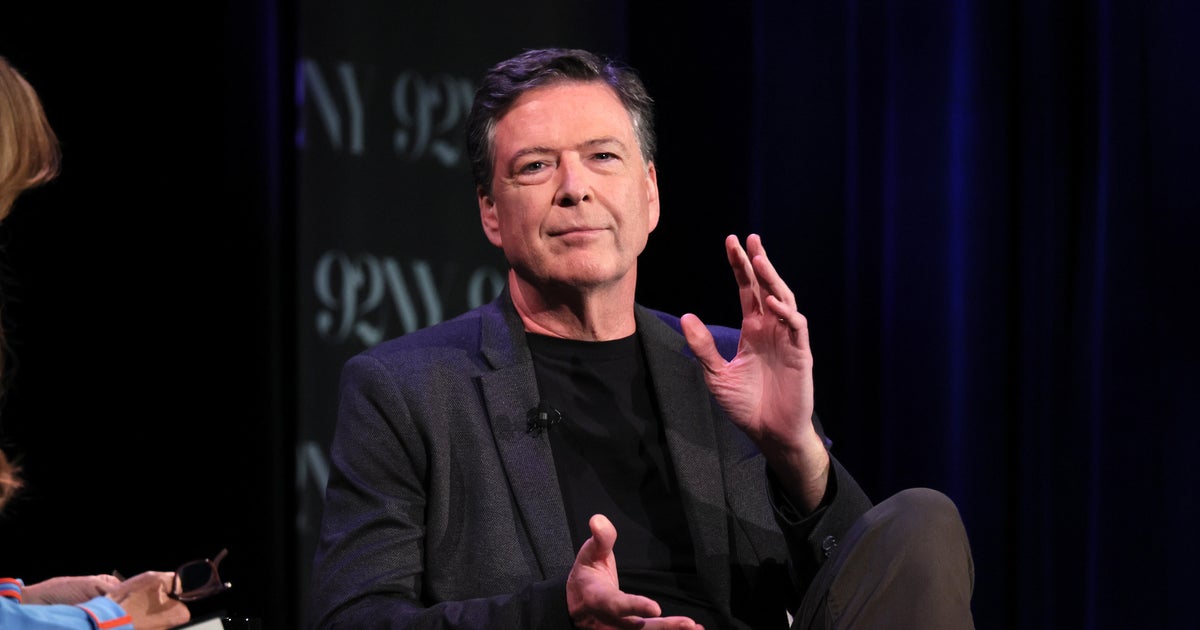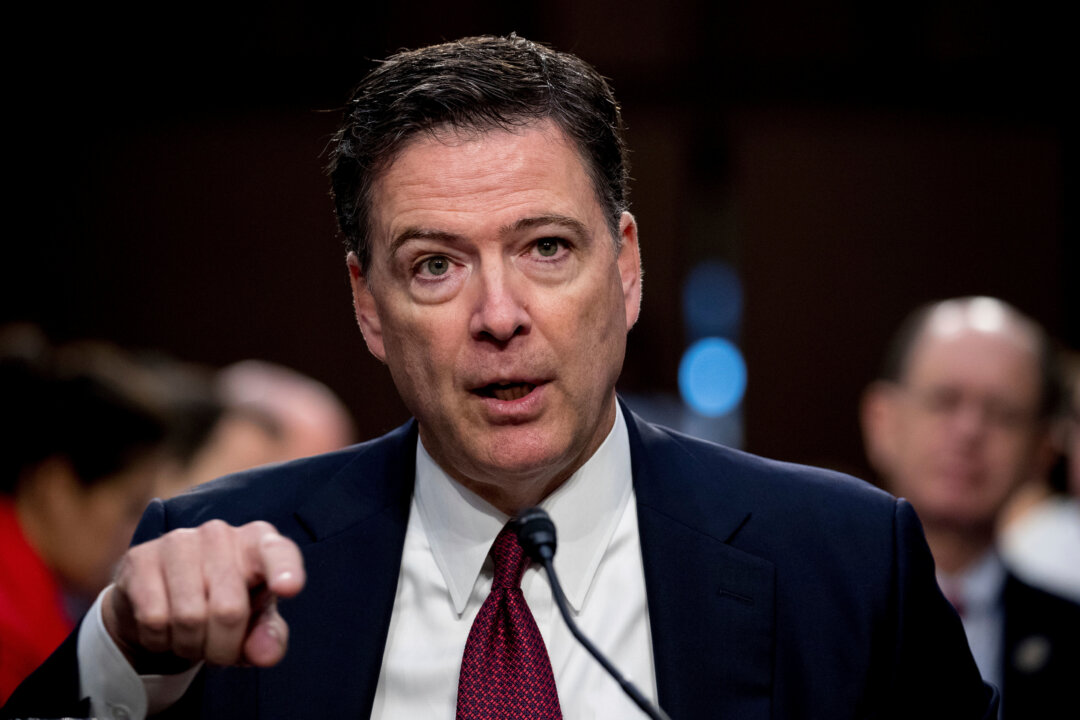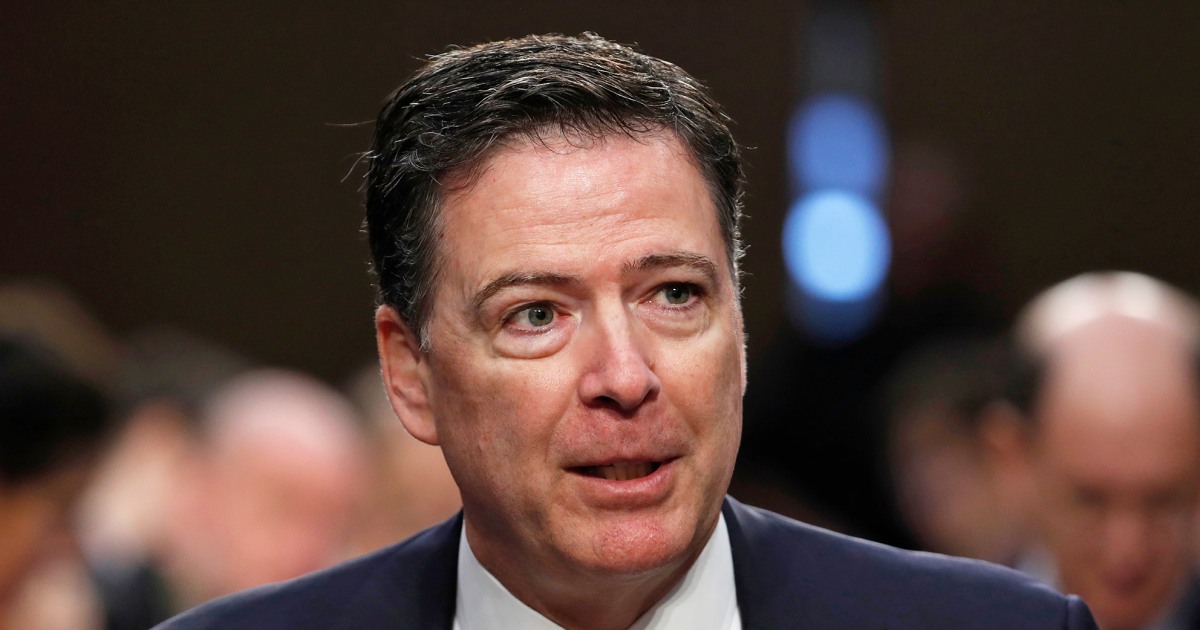Federal Judges Uncover "Highly Irregular" DOJ Conduct in James Comey's Obstruction Case
Federal judges criticize the Department of Justice for "highly irregular" conduct and missteps in James Comey's obstruction and false statements case, potentially jeopardizing the prosecution.
Overview
- James Comey faces charges for allegedly lying to Congress and obstructing a congressional investigation in his September 2020 testimony, pleading not guilty to both counts.
- Federal judges have ordered the Department of Justice to provide all grand jury materials to Comey's defense, citing a disturbing pattern of investigative missteps and potential misconduct.
- Judges criticized the government for allowing an agent with potentially privileged information to testify before the grand jury, calling it highly irregular and a radical departure from past DOJ practice.
- The Justice Department also faced criticism for fundamental misstatements of law made to grand jurors and a "cavalier attitude" towards Fourth Amendment rights and court orders.
- Two judges found genuine issues of misconduct in government actions, warning that these errors could potentially lead to the dismissal of charges against James Comey.
Report issue

Read both sides in 5 minutes each day
Analysis
Center-leaning sources frame this story by emphasizing the political motivations behind the charges against James Comey. They consistently link the prosecution to the Trump administration and highlight the prosecutor's past as Trump's personal lawyer, suggesting a politically driven effort. The coverage underscores the judge's findings of "disturbing pattern" and "missteps" as evidence of this influence.
Articles (17)
Center (4)
FAQ
James Comey has been indicted on two counts: making a false statement to Congress and obstructing a congressional proceeding, based on his September 2020 testimony before the Senate Judiciary Committee.
Judges cited several irregularities including allowing an FBI agent with potentially privileged information to testify before the grand jury, procedural missteps by prosecutor Lindsey Halligan such as keeping jurors late, signing different indictment versions, fundamental misstatements of law to grand jurors, and disregard for Fourth Amendment rights and court orders.
The misconduct and procedural errors identified by federal judges may lead to dismissal of the charges against Comey, as these issues undermine the integrity of the grand jury process and the prosecution's case.
Comey's legal team has filed motions to dismiss the indictment, alleging that the charges are legally defective and that the grand jury process was compromised by procedural irregularities and political interference.
Lindsey Halligan is the DOJ prosecutor who conducted the grand jury presentation without supervision, made procedural missteps such as keeping jurors late, and allegedly allowed improper testimony; she had no prior prosecutorial experience, raising concerns about the legitimacy of the proceedings.
History
- 17h

 12 articles
12 articles















